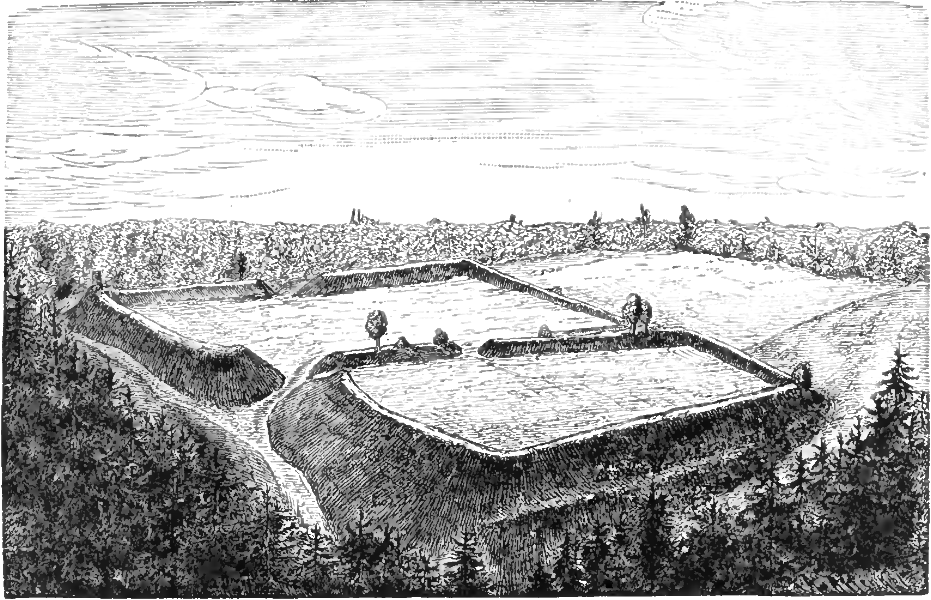<![CDATA[The Binchester Roman Fort located in County Durham has been popularly termed the 'Pompeii of the North' because of the countless archaeological treasures that have been unearthed there. Local campaigners believe that this piece of ancient Roman history could be under threat from modern day developers, as the church who owns the site has put the land up for sale. Church Commissioners who are in charge of managing the investments of the Church of England recently listed the site as for sale. A bid to purchase the piece of land has already been placed by a local heritage organisation, the Auckland Castle Trust. Campaigners believe that further research at the dig sites in the Roman Fort might be hindered or stopped altogether, if the land ends up in private hands. The Binchester Roman Fort has been categorized as a "Scheduled Ancient Monument" in the Ancient Museums and Archaeological Areas Act. Although it seems impossible to develop on the Roman settlement itself, an ancient hall located on the land has also been put up for sale. It is believed that access to the site might be affected if the hall fell into private hands. Moreover, selling individual plots could also hamper and complicate archaeological work in the area. Contrary to these fears, the Church of England categorically denies that the ancient Roman fort will be affected, because the trust is seeking to carry out a transparent and open sale process. Some of the most significant finds at the site include a 7ft plastered and painted wall, and an ancient Roman bath. The Church authorities also mentioned that protections were in place to ensure that the site could not be demolished or damaged without Government permission. According to David Petts, a lecturer in archaeology at Durham University, excavations in the area have managed to uncover one of the best preserved Roman era buildings found in Britain. The lands have also been linked with the earliest Christian life in Ireland, due to of the discovery of a 3rd century silver ring that has an anchor and two fish- symbols of the early Christian Church. Chris Ferguson, the head curator at Auckland Castle Trust, believes that the bathhouse is something that would have been more common in the Mediterranean region, and is a rare find in Britain. He states that surveys have shown that the site is humongous and that very little of it has actually been excavated to date. Selling the site could therefore really hamper public access to the lands and dampen research into a fascinating but largely unexplored area. Jonathan Ruffer, the chairman of the Auckland Castle Trust, believes that the land should be bought by an entity that has an understanding of the site's historical importance, both at the national and international level. Whether or not the site is actually sold, it is clear that it is viewed as hugely significant by a host of experts. One hopes that their grave concerns about the sites future are proven unnecessary. ]]>
Campaigners Urge Church to Save Binchester Roman Fort
